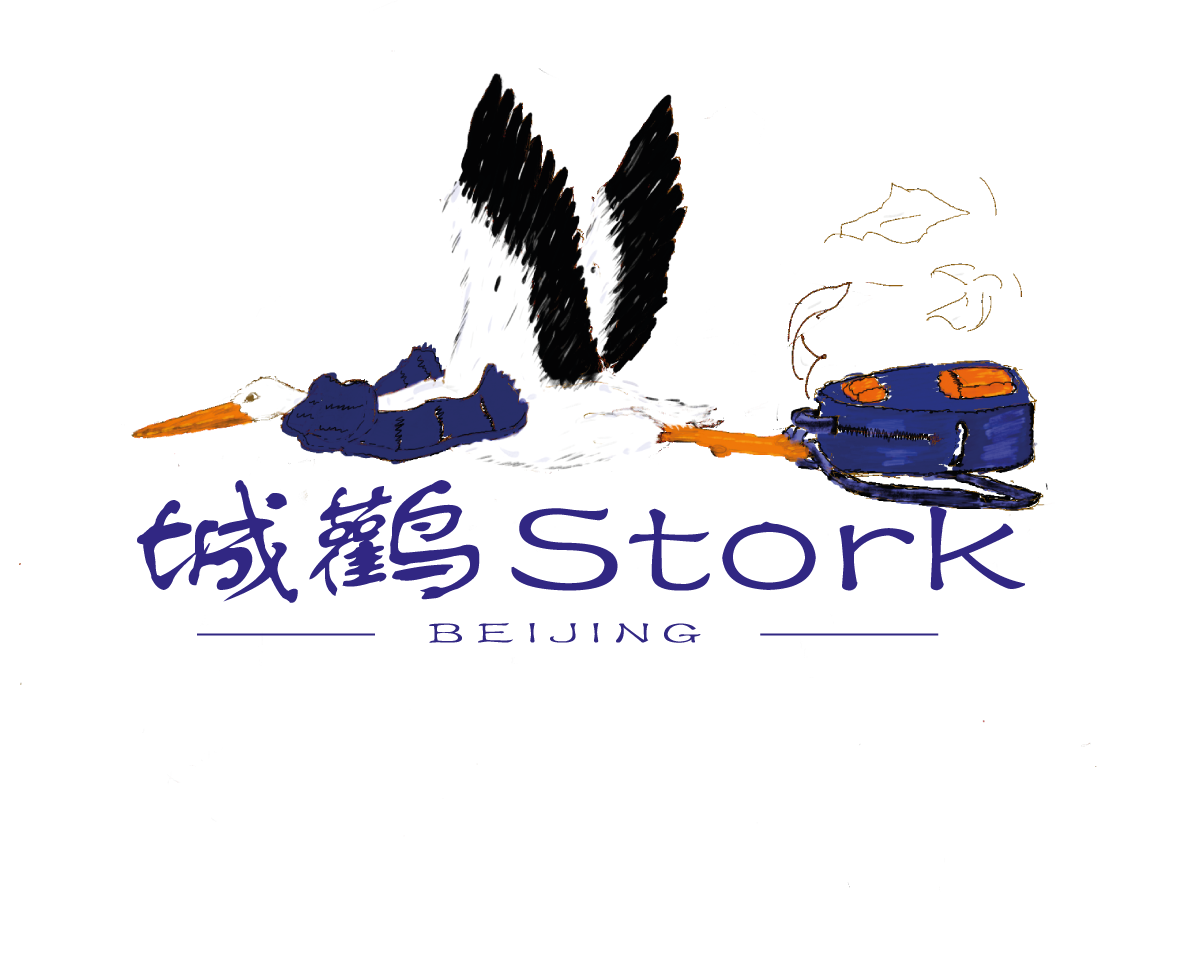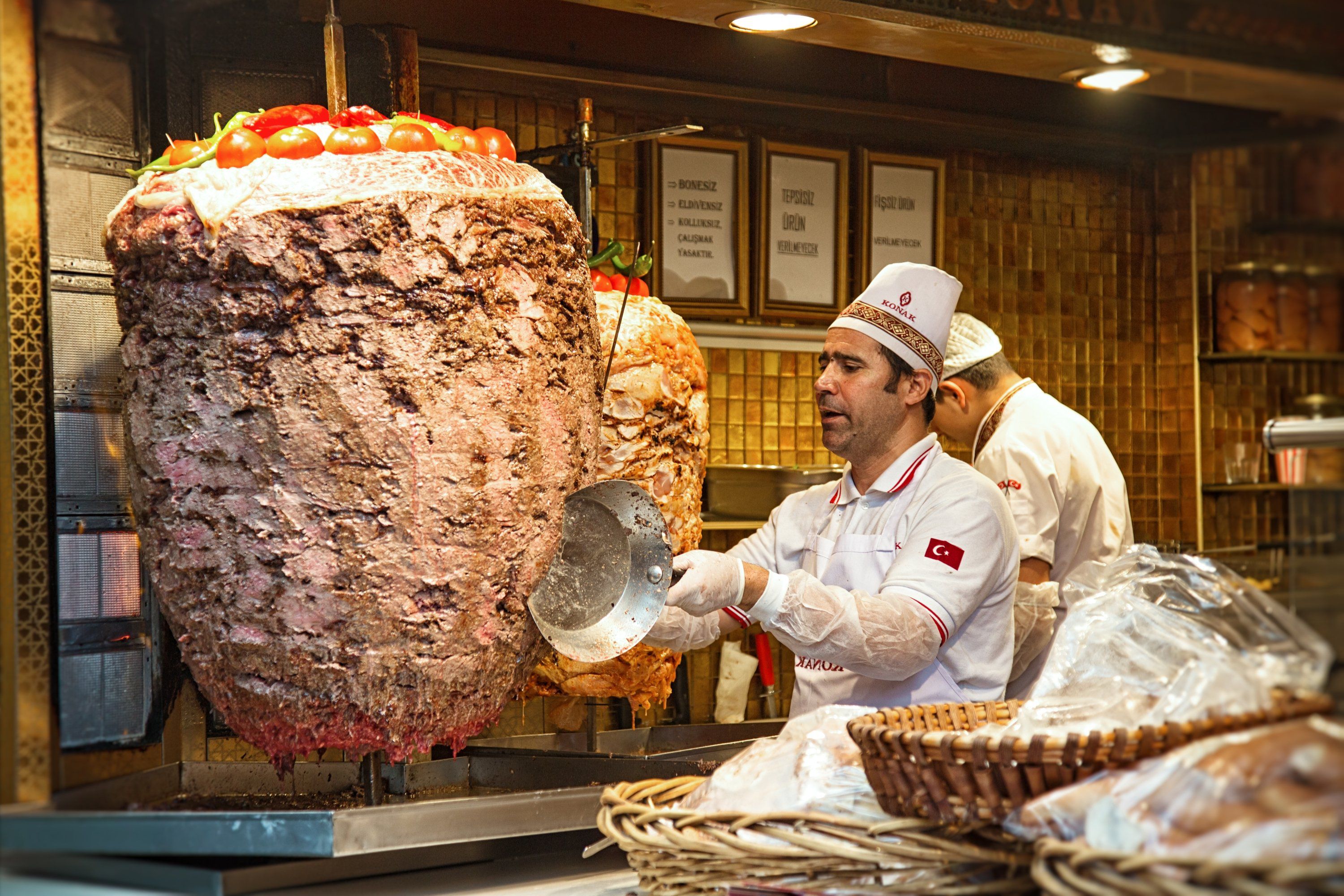10.Nature and Tourism
urkey, with its continental climate, Mediterranean climate and Black Sea climate features, each of the four seasons has its own unique beauty. This provides the opportunity to participate in all kinds of touristic activities specific to summer and winter seasons. Its nature is worth seeing with lush forests where blue and green come together, deep blue sea, lakes and clear skies and, is a complete resting and entertainment place. Moreover, the prices are extremely economical and are among the first choices in terms of price compared to many European countries. Turkey ranked 6th in the world with 52.5 million visitors in 2019. It is an important tourism center especially for tourists from Russia, Germany, England, Ukraine, Bulgaria, France and Iran. Here, ease of transportation is an important factor. Almost all the important cities of the world are very close with direct flights from Istanbul; People's Republic of China (Beijing 9 hours), Germany (3 hours), Netherlands (4 hours), Austria (2 hours), Norway (4 hours), Spain (3 hours), Belgium (3 hours), Russia ( Moscow 3 hours ), Switzerland (3 hours), USA (New York 10 hours) England (3 hours), Iran (3 hours), Iraq (2 hours), Malaysia (10 hours), Morocco (4 hours), Italy (2 hours) , Ukraine (2 hours), Japan (13 hours), Republic of South Africa (11 hours). As Istanbul is the capital of the Byzantine and Ottoman Empires contains many historical and cultural structures. Some of the important tourism areas are Sultan Ahmet Mosque, Hagia Sophia and Topkapi Palace, Maiden's Tower, Basilica Cistern, Galata Tower, iconic Grand Bazaar, Historical Sites of Istanbul, Selimiye Mosque, Cappadocia and Goreme National Park, Divriği Great Mosque and Hospital, Hattusas, Mount Nemrut, Xanthos and Letoon, Hierapolis and Pamukkale, Olympos, Assos, Safranbolu, Troya, Selimiye Mosque, Çatalhöyük, Bursa and Cumalıkızık, Pergamon, Diyarbakır CasTRYe and Hevsel Gardens, Ephesus, Ani, Aphrodisias, Side, Virgin Mary's House, Göbeklitepe, Sumela Monastery, Aegean and Mediterranean beaches. Cappadocia region, which has four seasons of beauty, is among the best holiday destinations. The region, which impresses with its impressive nature in the winter months, can join the balloon tours before the day is bright, or you can have breakfast by watching the balloon tours. Turkey has many areas of fabulous natural beauty, therefore, many forestry and seaside places to camp such as Olympos, Yedigöller National Park, Marmaris, Butterfly Valley, Ölüdeniz, Köprülü Canyon, Mount Nemrut National Park, Milas, Salda Lake, Kaş, Fethiye, Gümüşlük and Alanya. You can take your own tent and backpack then camp in the forests camp areas, or you can rent a tent or a suitable room. Some types of tourism;
Health and Thermal Tourism; Turkey, which has rich and healing thermal waters, it is a spa paradise and awaits those seeking healing with its qualified facilities.
Winter Tourism; Turkey is an important winter tourism center with its high snowy mountains in summer and winter and with the ski facilities established on these mountains. Turkey's favourite tourism center in Antalya, which hosts millions of tourists every year with its unique climate and natural beauties, holidaymakers can enjoy the sea on the shore and have the opportunity to ski on the same day after a 45-minute journey.
Plateau Tourism; Turkey, with its suitable climatic features, superior landscape values and traditional lifestyle in which rural elements predominate, is extremely suitable for Plateau tourism, which includes nature sports such as mountaineering/climbing, horseback riding, trekking, paragliding, flora/fauna study , jeep safari etc.
Cave Tourism; There are approximately 40,000 caves in Turkey, which is a "cave paradise" country compared to other countries in the world.
Hunting Tourism; Turkey's geographical structure, vegetation and wildlife offer an important potential to those who are interested in hunting and hunting tourism.
Congress Tourism; Located as a bridge between Europe and Asia, Turkey is a wonderful venue for meetings, incentives and congresses.
Golf Tourism; Turkey is a center where quality and prestige meet, bringing together golf lovers around the world with international golf facilities that have been put into service in recent years.
Yacht Tourism; Surrounded by sea on three sides, Turkey is a paradise for yachtsmen, with its magnificent bays and bays, well-equipped marinas.
Silk Road; Anatolia has formed one of the most important crossroads of the historical Silk Road, which starts from China and travels through Central Asia to Europe.
Faith Tourism; Turkey, which has hosted different religions throughout history, has abounding artifacts that people of all faiths should see.
Air Sports; Turkey is a country that must be explored for air sports enthusiasts such as paragliding, sail wing, glider, parachute and balloon.
Mountaineering; Turkey, with its rich flora and fauna at different heights, scattered all over the country, awaits adventurous people.
River-Rafting Tourism; Turkey, which has rich natural resources and waterfalls, offers its visitors an important river tourism potential for water sports (rafting, canoeing and river skiing). River tourism, which is integrated with its historical, archaeological, cultural and authentic values, forms a whole with the environment and other tourism types.
Underwater Diving; Important shipwrecks and underwater caves in Turkish waters are waiting to be discovered by divers.
Bird Watching; So far, 450 bird species have been recorded in Turkey.


























